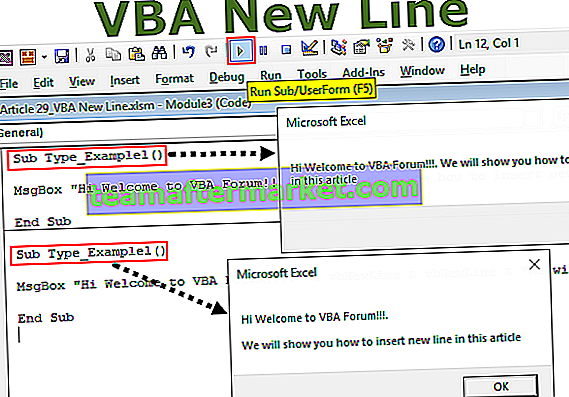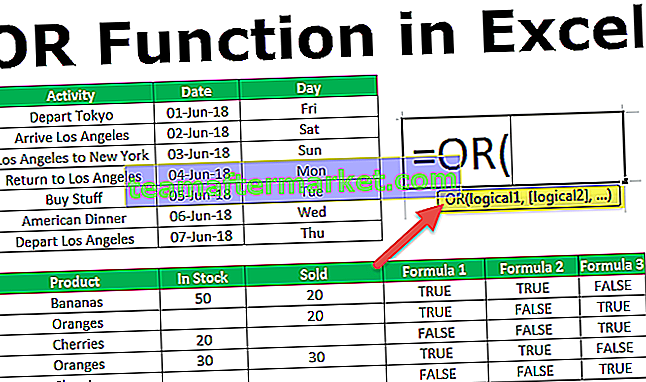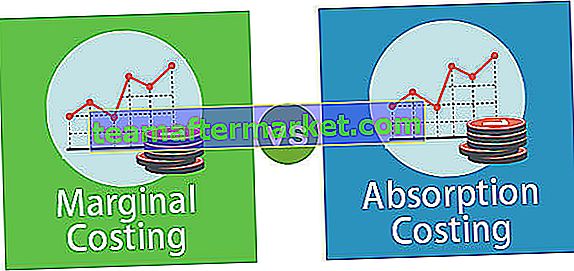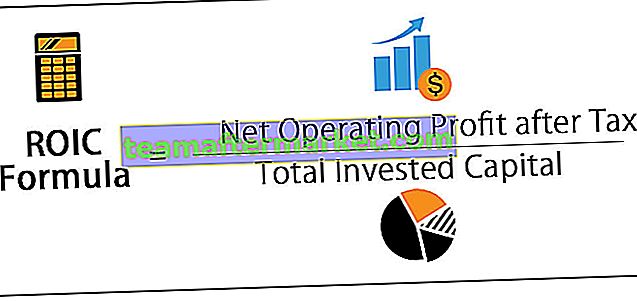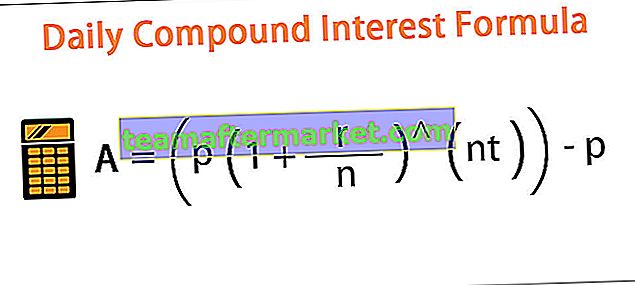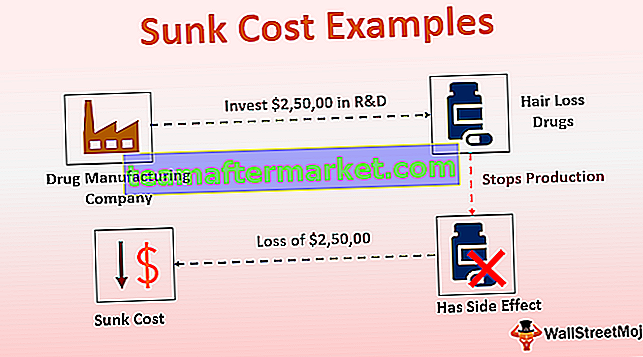Full Form of POA – Power of Attorney
Full Form of POA stands for Power of Attorney. It is a document that authorizes the holder to represent or act on behalf of POA provider in affairs related to business, private or other legal matters. The person granting the right or authorizing to represent on his behalf is the grantor or principal to the POA. The person who is authorized to represent on the principal’s behalf is known as an attorney or agent.
Purpose
A POA is a legal document in which an individual can specify who has the authority to make decisions on his or her behalf in the event that person is incapable of making decisions by himself or in a situation in which he is not able to represent himself as he not being a suitable person to be represented. The authority or agent appointed for making the decision on the principal’s behalf is responsible and expected to make and take decisions that are for the benefit of the principal. The POA has multiple purposes as there are different types of POAs and all the POAs are for the specified purposes.

Features
Following are the features:

#1 – Public Document
The power of attorney is a document that is notarized to make it a public document and be accepted. This POA, therefore, allows a natural person and the legal entity, to designate a legal agent to represent on his behalf in any kind of legal acts. This document makes it clear that the agent is acting on behalf of the principal.
#2 – Unilateralism
Power of Attorney is a document that has a distinct feature of unilateralism. This means the granting of POA does not require the authorization of the person who receives it, and similarly, the person who grants the POA needs to provide his presence at the time if notary while granting POA.
#3 – Simple
It is very simple to grant or create a POA, as the granter only is required to present himself before the notary and should be in full possession of his/her mental facilities and of legal age to grant POA.
Importance
Now let us discuss the importance:
Power of attorney is a very important document for a person who is representing someone in any legal related matters, as the agent or represent can only represent on behalf of the grantor or principal if he is the holder of legal Power of Attorney. Generally, the people are not the expert of every matter be it related to business or personal related matters. Therefore there is required for an expert to guide or represent the principal. And without the POA the agent cannot represent anyone. It gives a legal right to the holder to represent the principal in various matters without which the principal has to represent himself.
Types
There are various types which can be created but the main and popular types are discussed below:

#1 – General
A general power of attorney is a legal document that gives an agent the authority to handle all legally permissible matters on behalf of the principal. This may be the only POA which and the individual requires in most of the cases.
#2 – Springing
A springing power of attorney is a POA that only takes place on happening of an event or predefined condition. This document is created by the principal for his agent to act on if the predefined event takes place.
#3 – Limited
A limited power of attorney is a special power of attorney which is basically used for one-time transactions when the principal is unable to complete them due to reasons out of his hands.
#4 – Medical
A medical power of attorney is which is created to authorize a trusted agent to make important medical or health-related decisions in case the principal is incapable of making them for themselves.
#5 – Durable
it is that power of attorney which does not expire upon the death of the principal. It does not have any set time period and it immediately becomes effective upon the incapacitation of the principal.
#6 – Non-Durable
This power of attorney is used only for a specified time period and generally for a specified transaction. Once the transaction is completed, or the granter becomes incapable during that time, the non-durable power of attorney ceases.
Advantages
- It is an easy way to allow other persons to handle their case who have better experience and expertise in the matters.
- It protects elderly clients helping them out to take the correct decision or helping them out and taking the correct decisions which are beneficial to them.
- POA is preferred when a client is comfortable with the agent being appointed as the power of attorney holder.
- The principal has the power to either put power of attorney in place ahead of time or could revoke the power of attorney.
- Through a power of attorney, a person gets liberty and relief that the matters would be handled with care as the agent appointed would have the significant and required expertise in the decisions to be taken.
Disadvantages
- In POAs there may be an increased risk of elderly abuse.
- There may be cases where the agent appointed, could be proven untrustworthy over the period of time.
- There are many situations, where the agents holding POAs do not perform their respective tasks with such dedications which may result in the loss to the principals.
- The agent is most of the time caught taking wrong decisions and accepting the bribes to take these wrong decisions.
Conclusion
A power of attorney is a legal document that gives the holder of the POA to make decisions on behalf of the grantor or principal. The principal should appoint the agent who is trustworthy to the principal and should help in making correct decisions that could prove beneficial to the principal.

